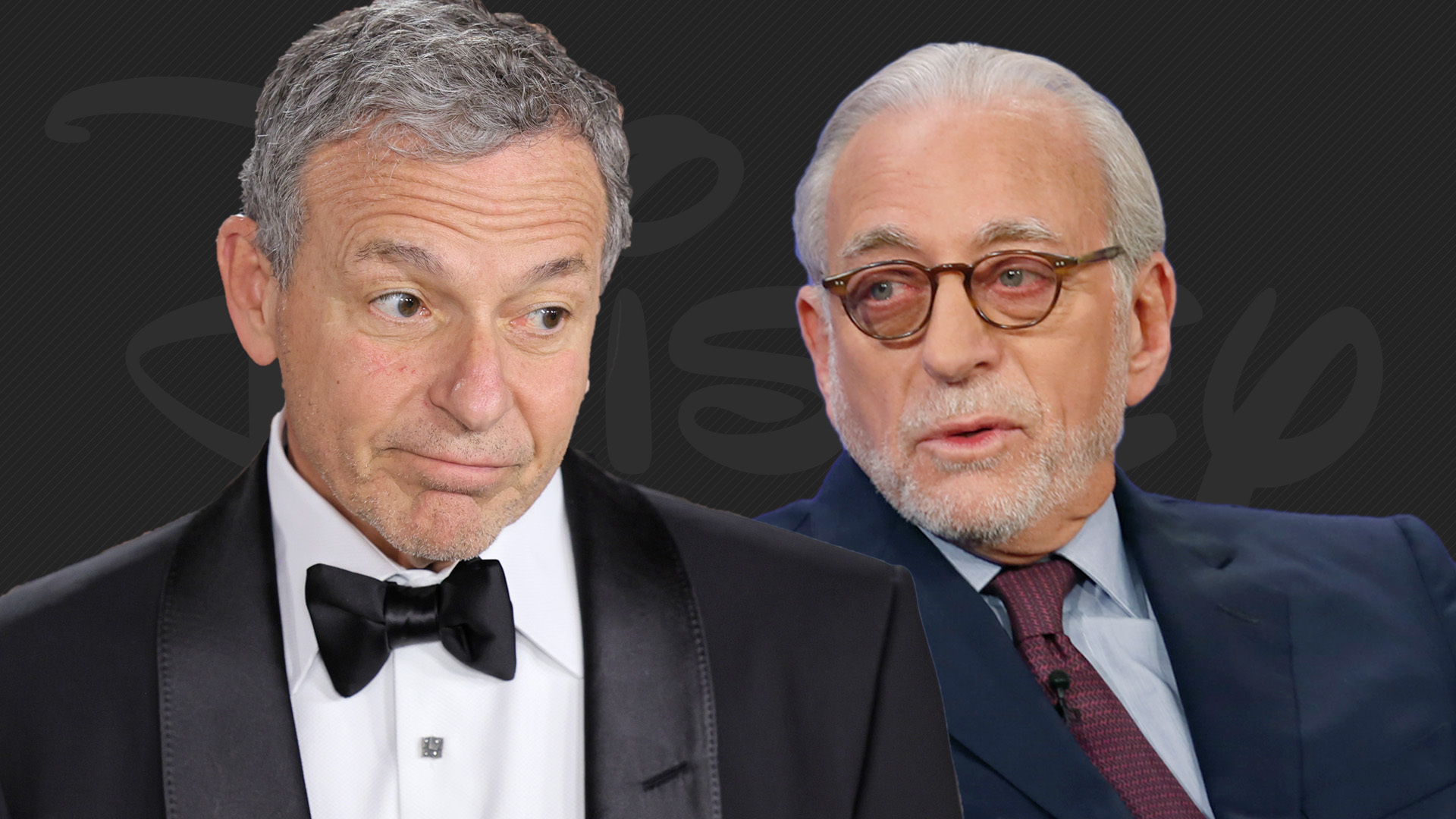
Simone Del Rosario: The fierce boardroom battle over the Magic Kingdom’s future heads to a vote this week. It’s expected to be the most expensive proxy fight in history, with all sides dropping a collective $70+ million to influence shareholder votes.
Disney’s main foe is activist investor Nelson Peltz, who wants two seats on the board, one for him and one for Jay Rasulo, a former Disney CFO who left after being passed over for a promotion to chief operating officer.
Disney’s doing the bulk of the spending to push for its chosen board of directors (estimated $40 million) while Peltz’s Trian Partners (estimated $25 million) and Blackwells Capital (estimated $6 million) are separately challenging the company line.
Nelson Peltz is no stranger to forcing expensive fights over board seats. He holds the current record for most expensive proxy fight with Proctor & Gamble in 2017. That fight cost $60 million and is one of the closest proxy battles in corporate history. After a near-tie and multiple recounts, Peltz lost the vote but P&G conceded in giving him a seat on the board anyway.
Now setting his sights on Disney for a second time – he first angled for a board seat a year ago before dropping the fight – Peltz argues the company “has lost its way over the past decade,” losing shareholders tens of billions of dollars in value.
Nelson Peltz: We’re here to make that stock go up for the right reasons. We’re here to get this company back to earning money, generating cash flow, fixing the streaming business. Here’s a company that has disappointed and underperformed the S&P for one year, three years, five years, ten years, forever. That’s how long they’ve been disappointing shareholders.
Simone Del Rosario: One of Peltz’s biggest gripes is continued losses in Disney’s streaming business. In a 133-page white paper, he suggests, among other things, combining Hulu with Disney+.
Despite the underperforming stock track record the past several years, Disney argues that under returning CEO Bob Iger, the company is in the middle of righting the ship.
In 2024, Disney’s stock has far outpaced the S&P benchmark, rising 34% compared to S&P’s 10%. And the company is going after Peltz’s track record in a series of attacks meant to sway shareholders.
Disney: Nelson Peltz has a long history of attacking companies to the ultimate detriment of shareholder value. His quest also seems more about vanity than a belief in Disney.
Simone Del Rosario: Part of what’s making this fight over board seats so expensive, possibly record setting, is that around 40% of Disney’s shareholders are regular people, not big funds. The New York Times says for the average public company, individuals usually own around 15%.
And it’s costly to reach a large number of small investors. In this proxy fight, it could be average Jane and Joe who tip the scales at Wednesday’s annual shareholders meeting.
At stake are the futures of Disney+, Hulu, ESPN, ABC, movie studios like Marvel, and of course the happiest places on Earth.







